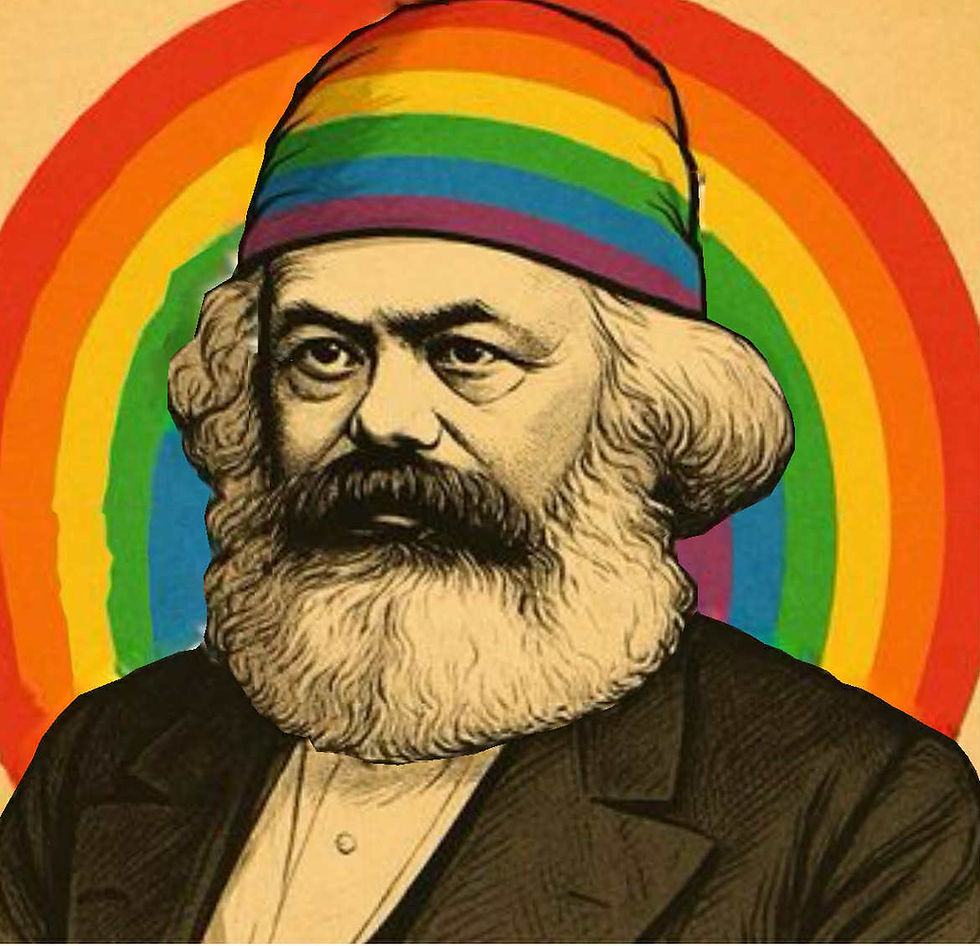A Republic If You Can Keep It!
- Mike Burnette
- Feb 22, 2021
- 2 min read

Shortly after the Puritans started to settle in the New World and before the American Revolution, a Puritan and soldier named Oliver Cromwell lead England in its own civil war revolution (1642). Although there is much to be said about his tactics, he aimed to restore liberty of conscience (think Roger Williams "Soul Liberty") and promote both outward and inward godliness throughout England. At this time the hierarchal monarchy and church were mostly in cahoots and very corrupt. And, that church was mostly Catholic, which he took no mercy on within his great tolerance for a variety of protestant faiths.
His agenda included governmental, spiritual, and moral reform. And he succeed in creating a republican commonwealth until he died in 1658, and Charles II was returned to the throne. It's quite a story, as Cromwell was dug up, hung, and decapitated. That'll show him.
It was, however, this idea of a liberty of conscience that the Puritans brought to America and undergirded our fight for liberty. An idea that we can exercise our freedom of conscience in our speech, assembly, and religion. Ideas lost in England at the time and won in America. Ideas woven into our U.S. Constitution and fought for by the blood of our ancestors. Ideas I swore an oath to when I joined the Air Force and got shipped off to foreign lands. Ideas that will substance our nation during the good times and the bad.
On Sept. 17, 1787, while leaving the just‐finished Constitutional Convention in Philadelphia, Benjamin Franklin was purportedly asked whether the delegates had produced a republic or a monarchy. He allegedly said, “A republic, if you can keep it.” Now, 234 years later, our constitutional republic has been substantially eroded. It is time to rediscover to the founding principles of our Constitution if we want to last an additional 200 years.



Comments